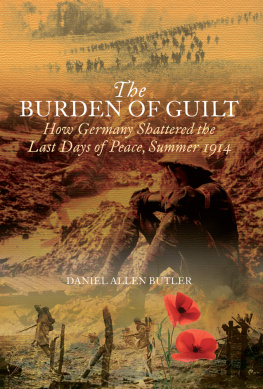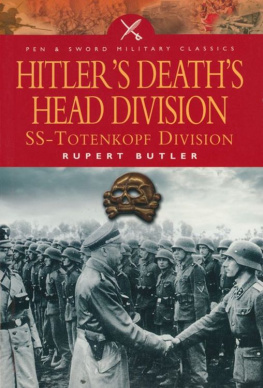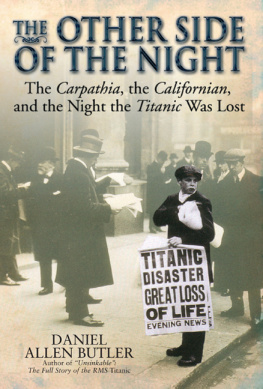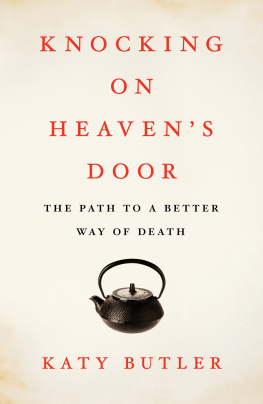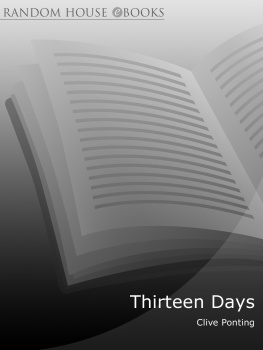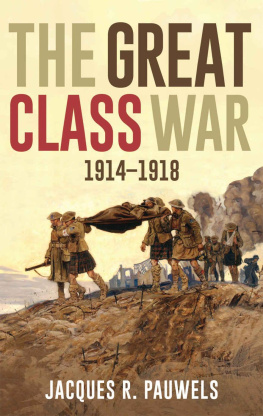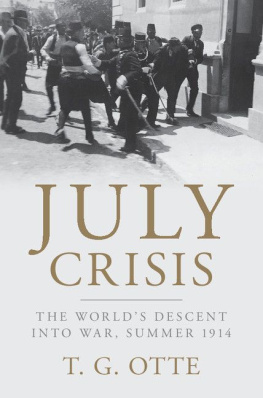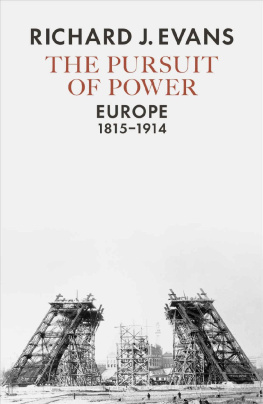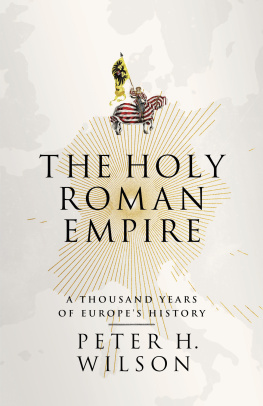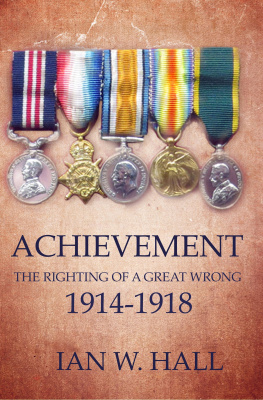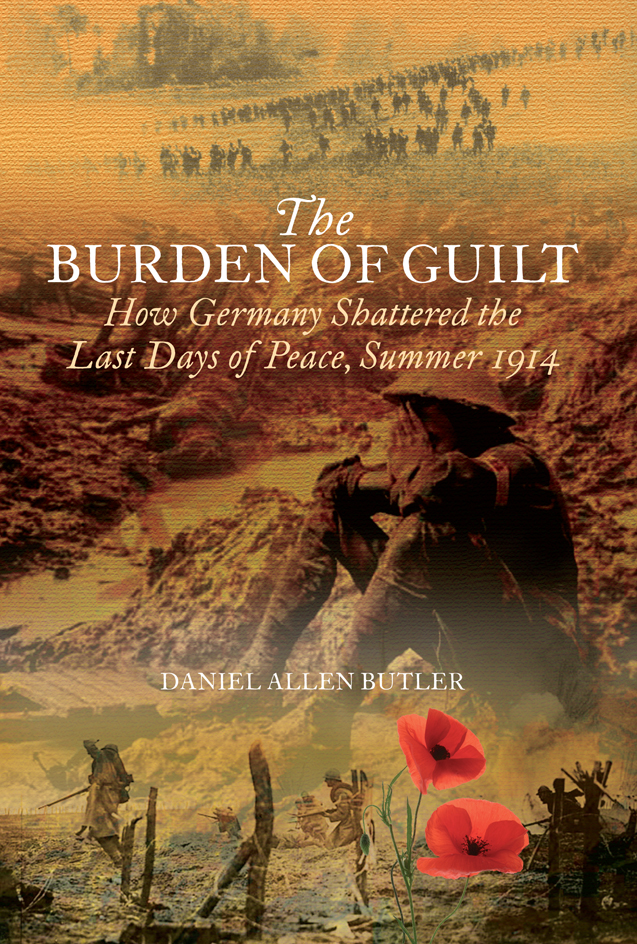INTRODUCTION
Though it will not be immediately obvious to anyone who only knows me through my previous works, The Burden of Guilt is, apart from Unsinkable, the most personal of the eight books I have published thus far. It is personal in that it recounts the execution of a time, an era, a world of which I grew particularly fond in the early days of my development as an historian and author.
Growing up in the 1960s and 1970s, I came into self-awareness and adulthood in a time of tremendous social, political and economic upheaval and displacement. While still in grade school, the assassinations of President John Kennedy, his brother Robert, and Dr. Martin Luther King were stunning breaking news stories; the first disturbing specters raised by the environmentalist movement appeared; the first lunar landings and the subsequent abandonment of all the hopes and dreams they raised were current events; the Vietnam War was a nightly occurrence on the evening news. My years in high school were marked by the Watergate debacle, the Yom Kippur War and the first energy crisis. I graduated from college when the United States was in the worst social and economic depressionthen-President Jimmy Carter described it as a national malaisesince the Great Depression. I came to manhood, married, and fathered a child before the nuclear wraith of Mutual Assured Destructionat once bad grammar and bad strategywas laid to rest. A popular song in my childhood urged me to Cheer upthings are gonna get worse! The tenor of my formative years then was that the world was at best a melancholy place.
So it should come as little wonder that as I turned to the study of history as a vocation I should have been drawn to a time when hope was underlying almost every human endeavor, when the future was not simultaneously foreboding and attractive, and when Progress was written with an upper case P to symbolize that it was inherently a good thing. In other words, I found myself flying back to the late Victorian world and the Edwardian Era. I knew that they were in truth not the paradise lost, which some historians would portray them to be, where everyone knew their place in the scheme of things and diligently kept to it, a time filled with happy, hard-working laborers, conscientious businessmen, and beautiful aristocrats. It was, I knew, a world that had as many troubles as my own. However, the essential difference was that it was a world that believed in itself and its ability to somehow, someday, discover solutions to every problem that might beset it. It was a world of what the last half of the 20th century and the first decade of the 21st was lackingit was a world of confidence.
However, it was also a world that eventually turned upon itself and destroyed itself in the full knowledge of its own destruction. Yet even in that destruction there was a painful nobility, for it was a selfimmolation undertaken in the hope that it would stop the spread of a systematic and self-perpetuating oppression that was the antithesis of Progress. It was a self-immolation embraced by the hope that, phoenix-like, a new and better world would rise out of its ashes. If I over-romanticized the pre-war world, so be it. It deserves to be remembered well, for if it failed, it failed striving magnificently.
I chose to write The Burden of Guilt in order to set the record straight for a generation for whom the Iraq War is a current event, Vietnam is their fathers war, the Second World War the one they fought in black and white, and the Great War is too often a moldering, distant conflict with no real relevance to the 21st century. However, the fearsome truth is that the modern world is, by far, more the product of the First World War than of any conflict that followed. Indeed, it can be easily and clearly demonstrated that each of the aforementioned wars had its roots in the dreadful years between 1914 Introduction and 1918right down to the present day American occupation of Iraq. The messageand there truly is one herewhich needs be stressed is that like almost every war in history, the First World War was not an accident. It did not begin because of a failure of diplomacy or statesmanship. It did not come about as a consequence of a tangle of interlocking alliances which no one really understood or appreciated. It was not a world-historical event made inevitable by social-economic-political forces beyond human control. The First World Warthe Great Warwas the bastard child of one nations ambition, a Central European monarchy hell-bent on maintaining its position of political, economic, and military dominance over all of its neighborsat any cost. The Great War exploded across Europe because Germany wished it to do so, and the German government and military leaders made it happen. How that came about is the story told in these pages. If there is a moral here, it is that when one nation, placed in a position of superiority, confuses its responsibility to lead by example with permission to dominate through coercion, tragedy will inescapably follow.

Chapter I
TWO BULLETS IN SARAJEVO
The first shots of the Great War were a quintet of bullets fired at a happily married couple on holiday in an obscure city in the Balkans. Archduke Franz Ferdinand, heir to the throne of the Dual Monarchy, the Austro-Hungarian Empire, had consented as a gesture of goodwill to the often-restive people of the province of Bosnia to visit their capital, Sarajevo, accompanied by his wife, Sophie. Arriving there in mid-morning on June 28, 1914, the Archduke gave orders for what he believed would be a demonstration of his confidence in the loyalty of the Bosnian people, requesting that the troops who would normally have lined the streets for his protection during the Imperial visit be dispersed. It was the worst mistake he ever madeit was also the last.

